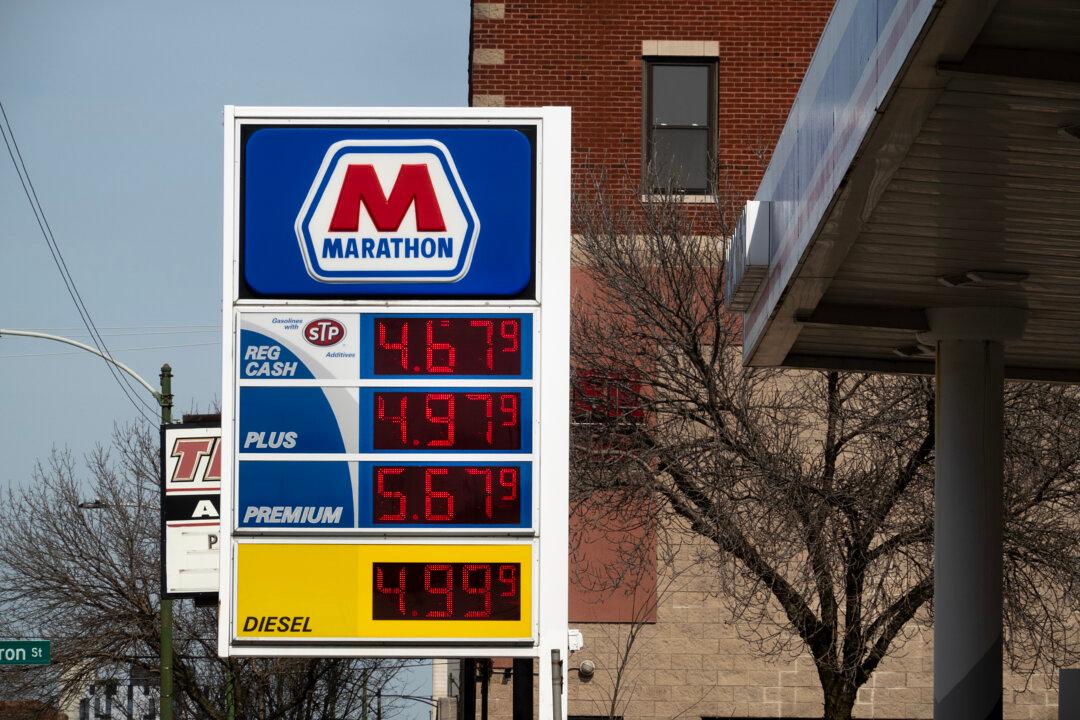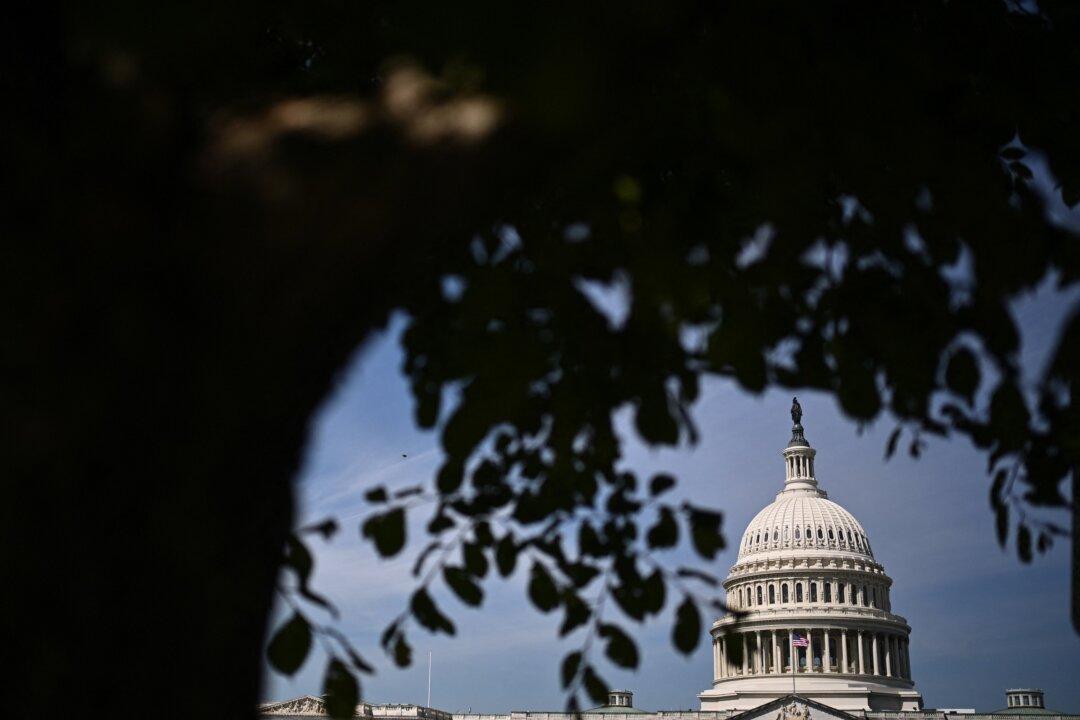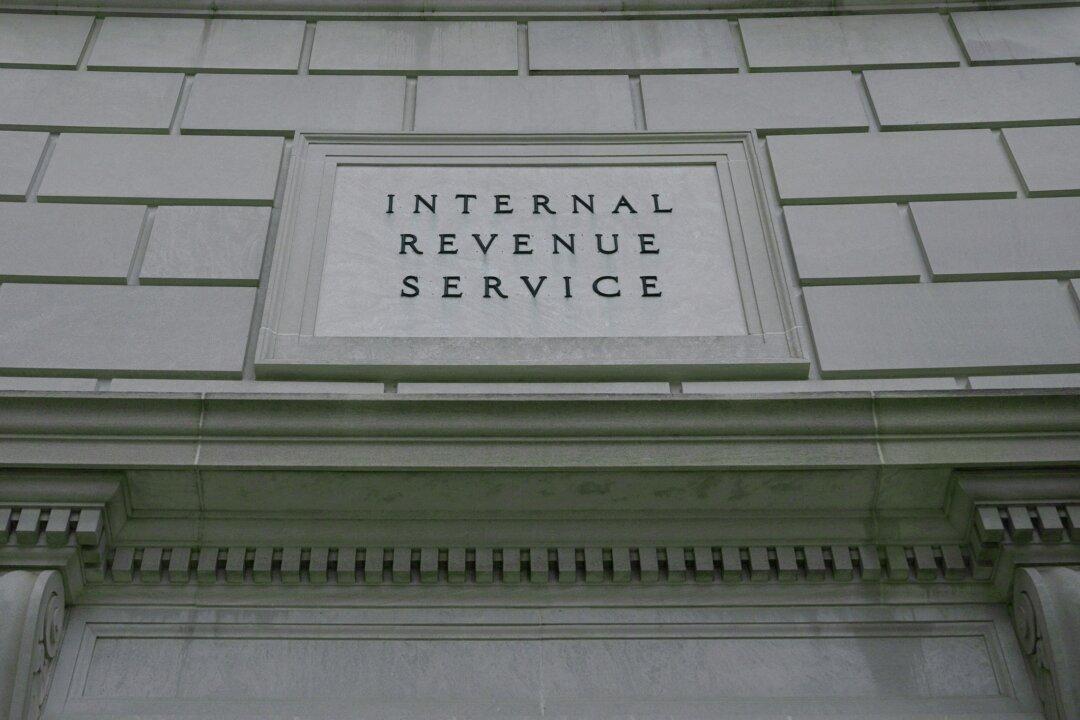Commentary
Inflation is always a hot-button issue, particularly in an election year, when its effects on daily life and the economy are front and center. Despite the politicization of inflation, understanding its cost typically requires examining key economic indicators: the consumer price index (CPI) and the personal consumption expenditures (PCE) price index.





